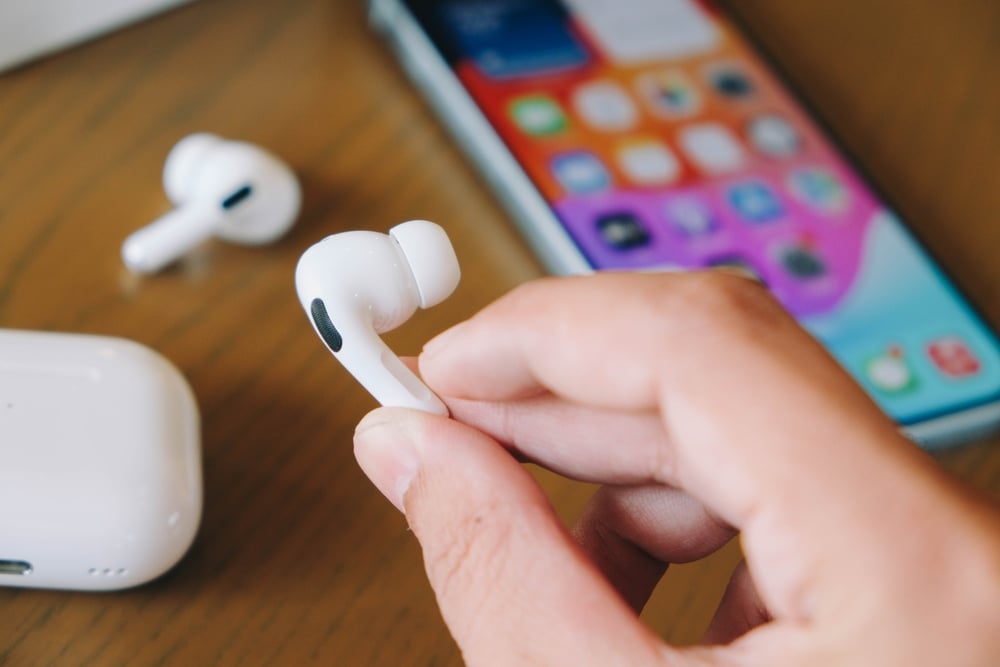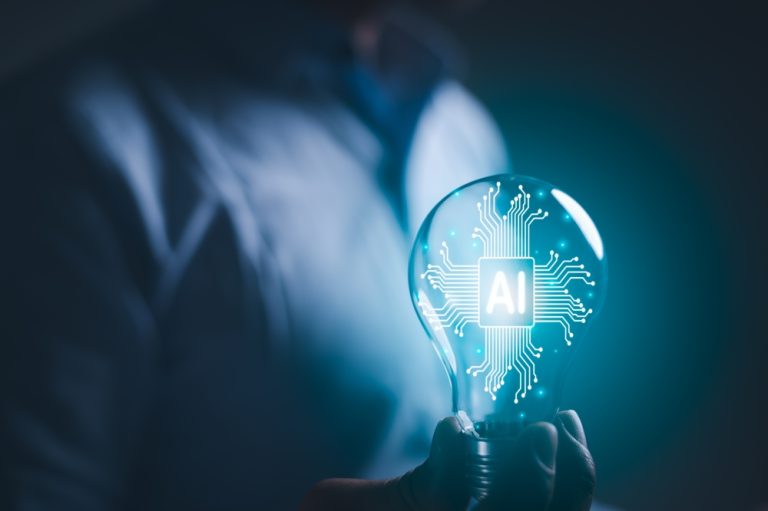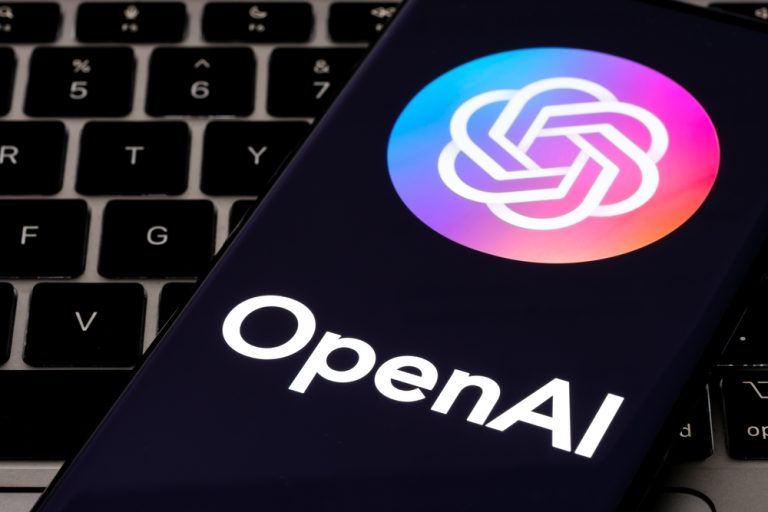At Apple’s September iPhone event, the most notable announcements weren’t about new phones—they were about health. With new features for hearing health in the AirPods Pro 2 and sleep apnea tracking on the Apple Watch, Apple is positioning itself as a leader in personal health technology. These updates mark a significant step forward in making health monitoring more accessible to everyday consumers.
Hearing Health Made More Accessible Through AirPods Pro 2
One of the most exciting developments is Apple’s new hearing health features for the AirPods Pro 2, which include hearing tests, personalized hearing profiles, and over-the-counter hearing aid functionality. Terry Zwolan, an audiologist and director of audiology access at Cochlear Americas, believes this could change how people approach their hearing health. “One of the downsides of hearing loss is it’s not visible, and you can’t really tell that it’s happening to you,” Zwolan said. These features allow users to self-test for hearing loss, making it easier for them to take action early.
The U.S. Food and Drug Administration (FDA) authorized the “Hearing Aid Feature” for the AirPods Pro shortly after Apple’s event, making it the first over-the-counter hearing aid software for compatible headphones. Zwolan believes this could benefit people who may not realize they are developing hearing loss. “If the process can be made simple and is something consumers can do on their own, it’s a net positive,” Zwolan added.
Andy Miller, senior vice president of innovation at AARP AgeTech Collaborative, agrees: “I think it’s going to really push the whole hearing space to be better for people. There’s not a tremendous amount of innovation in this space.” He believes consumers should consider self-checking their hearing at least once a year to monitor any changes.
Zwolan also highlighted the importance of integrating these tests with healthcare providers, saying, “You can take an audiogram from a hearing healthcare professional and load it into your iPhone, or you can take your self-test and send it to your medical record.” This creates a stronger link between consumers and their healthcare providers, helping them manage their hearing more effectively.
Sleep Apnea Tracking Adds More Value to Apple Watch
In addition to hearing health, Apple has introduced sleep apnea notifications for the Apple Watch. Sleep apnea, a condition where a person briefly stops breathing during sleep, can lead to a range of health issues if left untreated. By incorporating sleep apnea tracking, Apple hopes to help users recognize the condition early and seek medical advice.
“Sleep is so important,” said Miller. He sees this feature as a win for overall health, as it helps consumers better understand their sleep patterns and their impact on well-being. While not a new concept, Miller hopes future developments will tie together various health data—such as sleep, heart rate, and social engagement—to provide a more comprehensive picture of a person’s health.
Technology’s Role in Holistic Health
Miller emphasized the need for tech to offer “contextual insight” into a user’s overall health. “When you think about your health, it’s not just about tracking your heartbeat or your sleep,” he said. “Yes, that’s important. But what’s even more important is tying in social engagement to that.”
Social isolation can have detrimental effects on health, comparable to smoking 15 cigarettes a day, according to a U.S. Surgeon General report. Loneliness increases the risk of depression, dementia, and heart disease, and it accelerates the aging process. Miller believes personal tech should be used to combat this by encouraging social connections, alongside monitoring physical health.
A Push for More Accessible Health Solutions
Zwolan sees Apple’s hearing self-test as a crucial tool for expanding access to hearing care. “The big advantage of the self-test is improving access and giving everybody a way to know about their hearing loss if they have one,” she said. However, she also warns that simply identifying the issue isn’t enough—users must take the next step and seek professional help if needed.
Miller echoed this sentiment, stating, “Anything you can do to help folks embrace the technology they need to live their best lives is what we should be doing.” He believes that by making health monitoring more accessible, companies like Apple can empower consumers to take control of their well-being in a holistic way.
Apple’s new features for the AirPods Pro 2 and Apple Watch reflect a broader trend in personal technology—focusing on health and accessibility. By making hearing tests and sleep apnea tracking more accessible, Apple is helping consumers stay on top of their health in ways that were previously reserved for medical professionals. As tech continues to evolve, it’s clear that the future of personal gadgets will be deeply intertwined with health, offering more than just entertainment and connectivity, but tools to help people live healthier lives.























